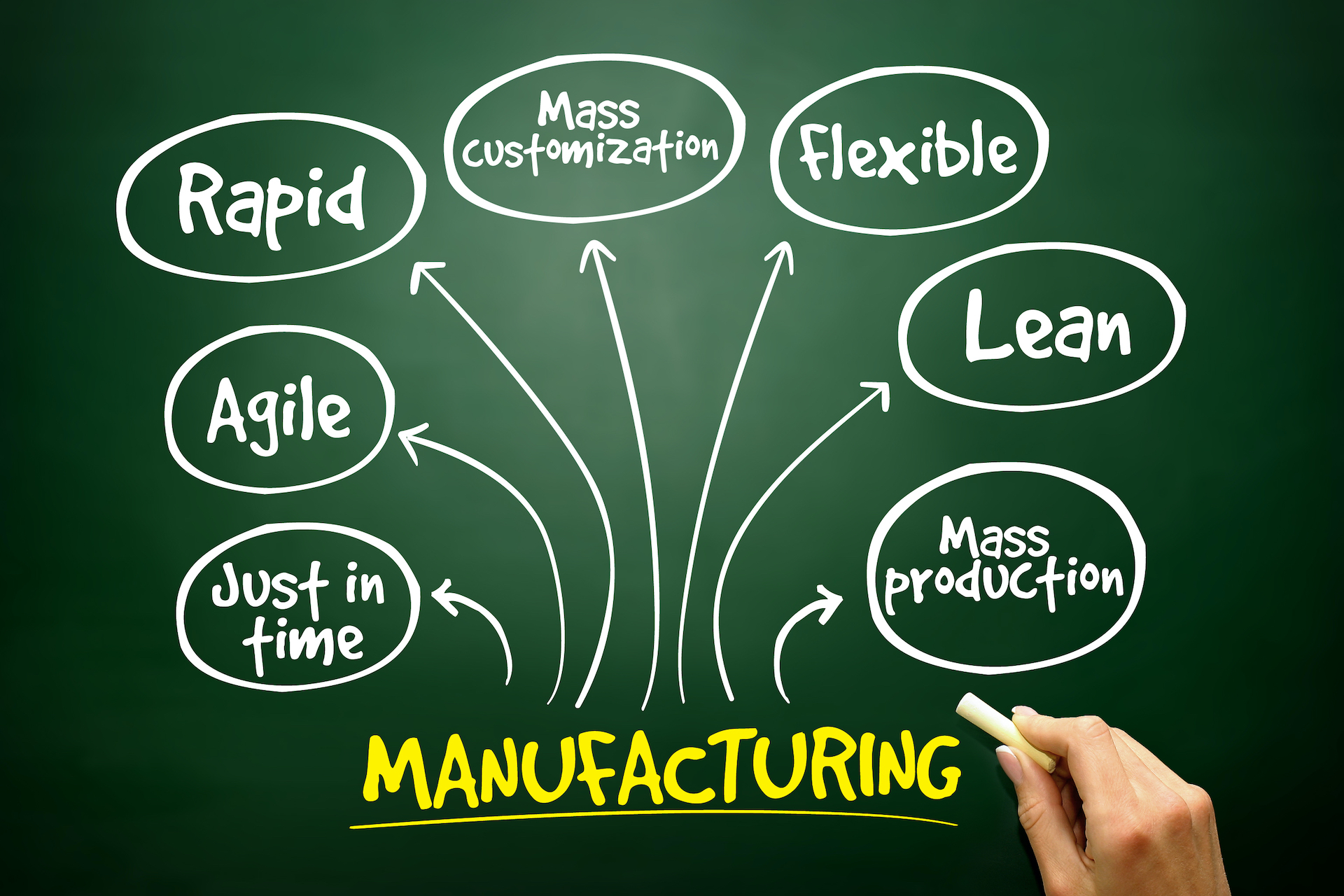Flexible Pharma Manufacturing – Need of the Hour
Times are changing, and with it, the ways the pharma industry wont
to operate also are changing. The so–called
‘’conservative’’ pharma manufacturers are now looking beyond the
normal manufacturing model, exploring new avenues to accommodate
unexpected sales forecasts and little volume production. As
novel drug delivery therapies are evolving with time, pharma manufacturers now
need manufacturing capabilities that are versatile enough to accommodate the
market’s uncertain requirements and are more responsive. Flexible manufacturing
is emerging as apt solution which will overcome these challenges
successfully.
Why
flexible manufacturing
Commercialisation of biopharmaceuticals – within the past few years, the demand for biological molecules, immunotherapy, cell and gene therapy has increased significantly. However, manufacturing such biopharmaceuticals on a bigger scale remains a challenge for several manufacturers due to the shortage of previous diary and limited commercial success.
Different approaches to flexible manufacturing
Modular manufacturing
Many pharma companies are choosing modular manufacturing capabilities to supply a good sort of products from one facility. Such an approach offers several advantages, like accelerated equipment commissioning, faster changeovers, high versatility, and improved overall equipment effectiveness (OEE). The ‘’ballroom’’ concept of modular manufacturing involves employing a large manufacturing area with no fixed equipment. the prevailing facility is weakened into modules to facilitate standardisation, simplified processes, re-use of styles , and actual modules in several implementations. The ballroom concept provides many benefits like plug-and-play functionality, lower capital costs, alittle manufacturing footprint, and reduced need for dedicated cleanroom space. Another concept of modular manufacturing is prefabricated manufacturing pods. These podular equipment systems are movable, faster to create , and may be assembled into multiple configurations.
Data-driven manufacturing
The evolution of commercial revolution 4.0 is shifting the paradigm of traditional pharma manufacturing. The ‘’big data’’ and ‘’IoT’’ platforms provide excellent opportunities to the pharma manufacturers to convert the routine operational data into valuable insights and intelligence. supported this data , pharma companies can adopt proactive management mode and develop new strategies to optimise production and mitigate risks. With real-time process visibility, manufacturers can control the operations more efficiently and do better planning.
- Single–use manufacturing – This technology has proved invaluable for manufacturing biopharmaceuticals. Single-use bioreactors are relatively quick and straightforward to put in and are now widely replacing the normal large steel-tank bioreactors. The fluctuations within the market demands are often easily accommodated by expanding or reducing the capacity of single-use bioreactors during a timely manner. Product changeovers and cleaning are faster than steel tanks, thus allowing the rapid start of a replacement production batch.
- Continuous manufacturing – Compact-scale, capable
of integration with in-line process analytical techniques, and highly
adaptable, continuous manufacturing is becoming quite popular amongst pharma
manufacturers. The inherent flexibility of continuous manufacturing
allows an outsized quantity of product
manufacturing within a way lesser time than a
standard setup. Pharma manufacturers can supply the
merchandise in response to just-in-time market requirements rather
than maintaining extensive inventories to
satisfy the spikes in demand.
The way
forward
References
https://pharma-trends.com/2021/04/05/flexible-pharma-manufacturing-need-of-the-hour/
Pharmaceutical Solutions
Website:



Comments
Post a Comment